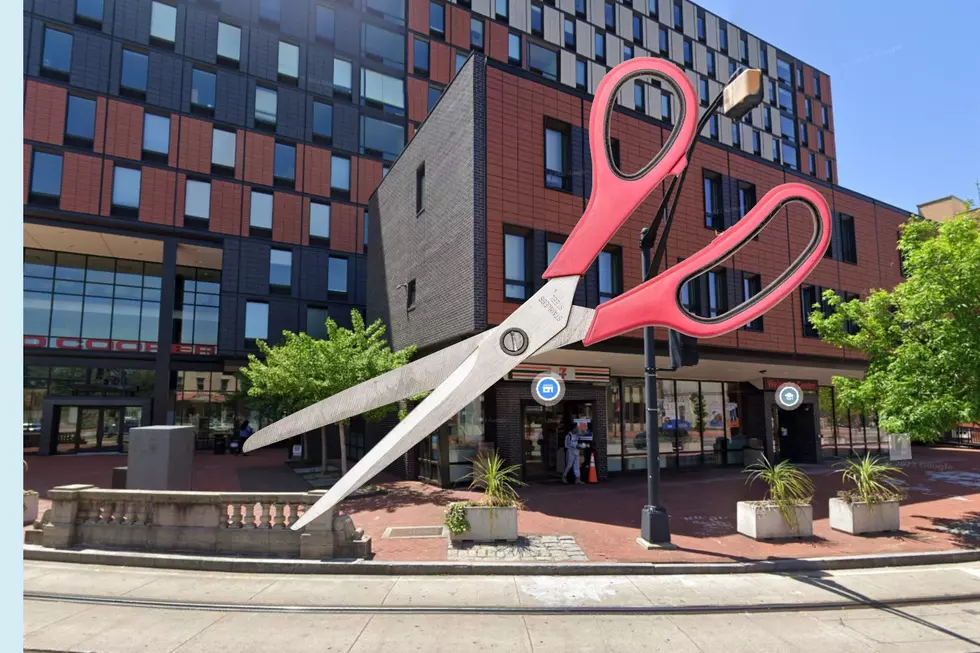Companies Avoiding Raises, Looking to Other Forms of Compensation
In lieu of annual raises, employers have been leaning on more creative and less expensive ways to compensate their workers.
Data have shown that more businesses are shelling out perks that aren't as big of a hit to their bottom line, such as free gym memberships, more paid time off and subsidies for transportation.
And in this still-struggling economy, workers are taking these non-raise perks in stride.
According to Joy Schneer, professor of management at Rider University, employers have been more hesitant to give raises, especially on an annual basis, since the start of the recession late last decade.
"They'd rather give one-time things to their employees so that if times turn tough again, they're not locked into raises," she said.
Even a bonus is a safer bet than a salary bump.
"They're only committing to a one-time money figure so if the next year is lean, they just don't give you a bonus," Schneer said.
Luckily for employers, today's younger class of workers is receptive to compensation that may offer them more flexibility as opposed to financial security. They're less focused on saving and retirement and more focused on what they're getting at the moment.
That may not always be the case, though, when the economy eventually finds its footing and gets back to pre-recession performance. Many people right now are just happy they have a job and are getting paid, but once there's a general understanding that economic conditions are improving steadily and companies are back on track, workers may demand that increased pay be part of the equation.
"Even the millennials will wise up and say, 'No, I can get more money at this other company, so if you're not going to give me a raise, I'm going to leave,'" Schneer said, noting also that as minimum wage increases, so will the salary expectations of all workers.
More From WPG Talk Radio 95.5 FM










